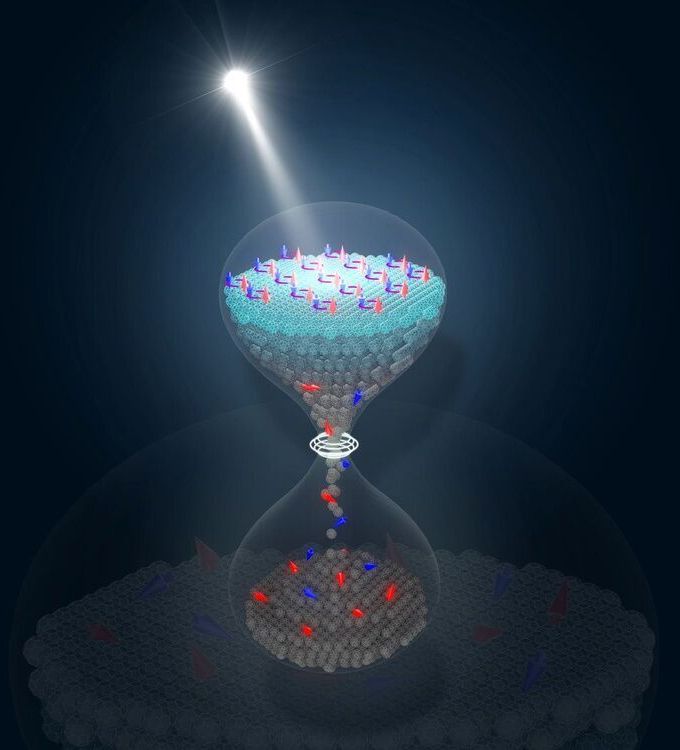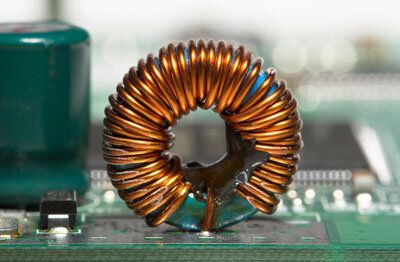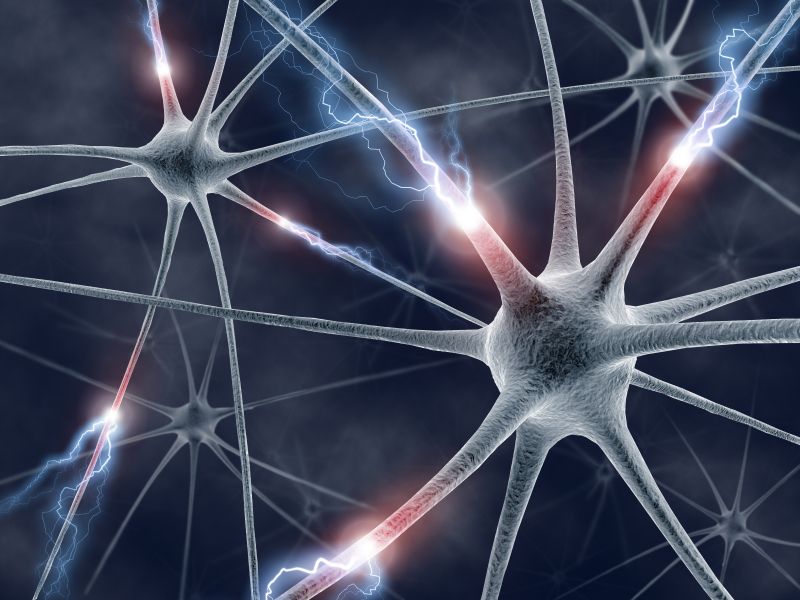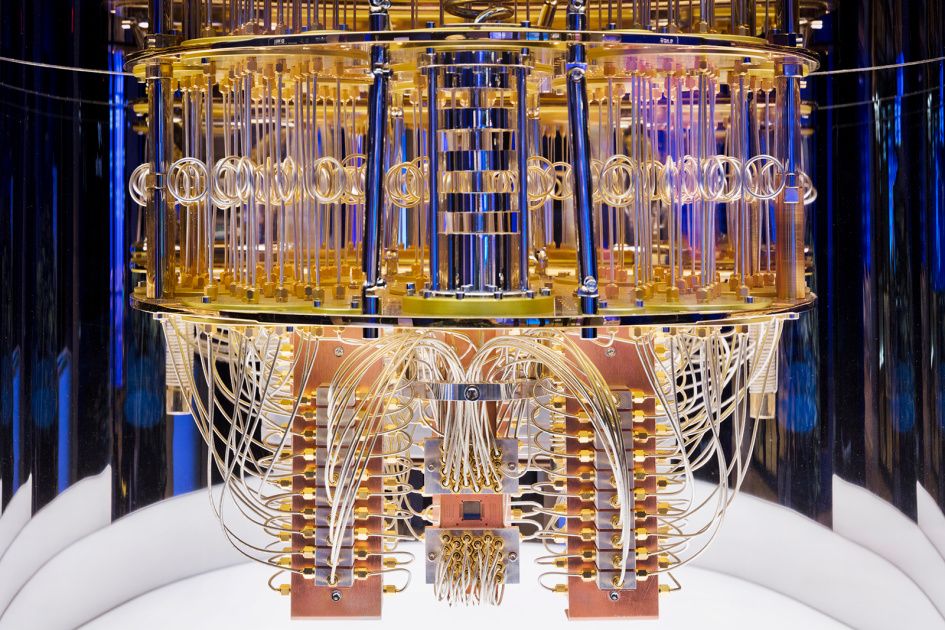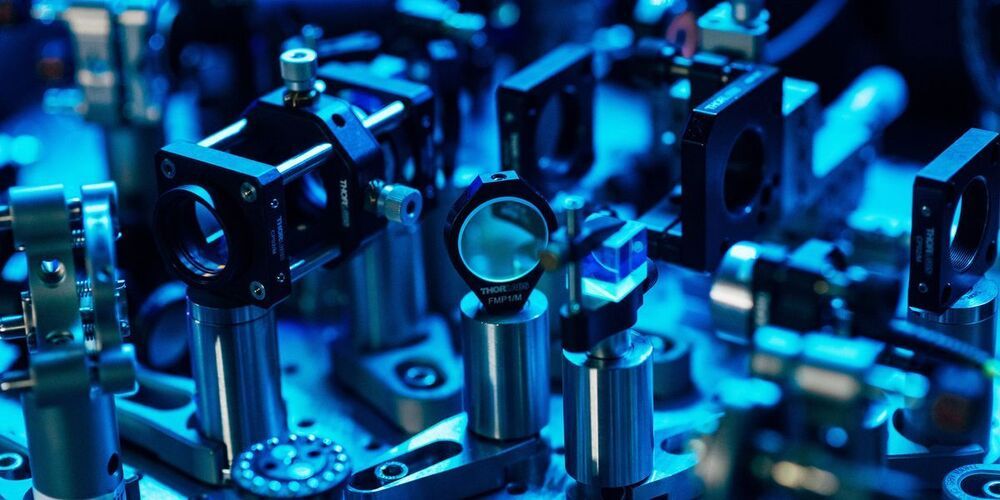Quantum Encryption, Privacy Preservation, And Blockchains — Dr. Vipul Goyal, NTT Ltd. Cryptography & Information Security Labs
Dr Vipul Goyal is a senior scientist at NTT Research (a division of Nippon Telegraph and Telephone Corporation, a telecommunications company headquartered in Tokyo, Japan.) and an Associate Professor in the Computer Science Department at Carnegie Mellon University (CMU), where he is part of the Crypto group, the theory group, a core faculty at CyLab (CMU security and privacy institute) and the faculty advisor of CMU Blockchain Group.
Previously, Dr. Goyal was a researcher in the Cryptography and Complexity group at Microsoft Research, India.
Dr. Goyal received his PhD from the University of California, Los Angeles.
Dr. Goyal is broadly interested in all areas of cryptography with a particular focus on the foundations of cryptography. Currently his research topics include secure multi-party computation, non-malleable cryptography, and foundations of blockchains.
